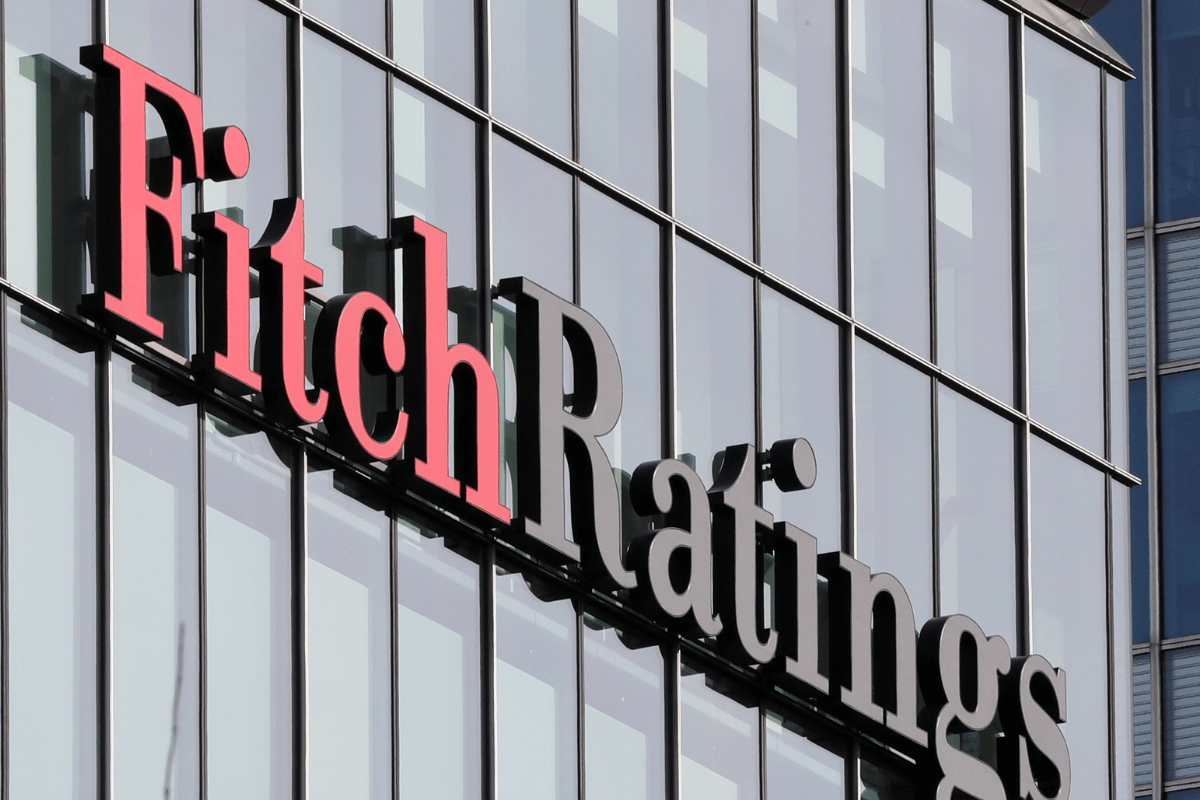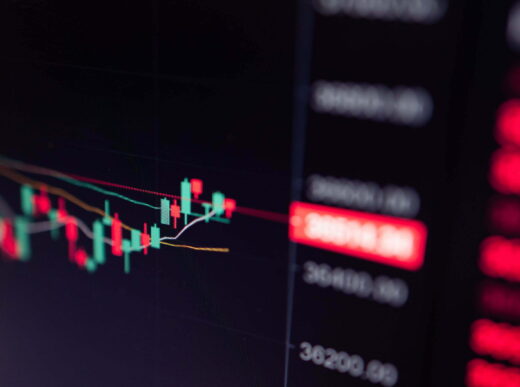Fitch’s recent downgrade of the United States’ long-term foreign currency issuer default rating from AAA to AA+ is expected to have lasting consequences, according to Elliot Hentov, head of macro policy research at State Street Global Advisors. The downgrade was attributed to “expected fiscal deterioration over the next three years” and concerns about governance due to political standoffs over the debt limit. Hentov, who was also part of the team that downgraded the U.S. credit rating in 2011, believes that the U.S. is unlikely to regain its AAA rating with Fitch in the near future.
Global Stock Markets React to Fitch’s Downgrade
The news of Fitch’s rating downgrade had an immediate impact on global stock markets, leading to sharp declines on Wednesday. Despite this reaction, some prominent figures in the banking and economic sectors downplayed the significance of the downgrade, suggesting that it would not have a substantial impact. Hentov shares this sentiment, stating that ratings are generally slow-moving signals and that the U.S. fiscal profile and governance are weaker than those of other AAA-rated countries.
History Repeats: Parallel Between 2011 and 2021 Debt Ceiling Standoffs
Hentov’s insights draw parallels between the current situation and the events of 2011 when Standard & Poor’s famously downgraded the U.S. government’s credit rating. In May of this year, a similar standoff over raising the U.S. debt limit caused concerns about defaulting on financial obligations. However, Hentov asserts that the current political landscape is different, making a swift return to AAA rating unlikely.
U.S. Politics and Stability are Key
According to Hentov, the prospects of the U.S. regaining its “risk-free” AAA rating are not favorable unless there is a significant shift towards more stable and predictable politics. Political polarization and debt ceiling disputes have significantly impacted the country’s fiscal outlook and governance, making a return to AAA status challenging.
Contrasting Political Backdrop between 2011 and 2021
Jim Reid, head of global economics and thematic research at Deutsche Bank, highlights the different political backdrop between the 2011 and 2021 debt ceiling disputes. In 2011, the debt ceiling fight and the S&P downgrade happened concurrently, resulting in a more immediate shock to the market. Moreover, the Federal Reserve’s commitment to keeping rates exceptionally low until mid-2023 plays a role in the current economic climate. These factors contribute to the differences in the potential impact of Fitch’s downgrade compared to S&P’s downgrade in 2011.
The outlook for the U.S. credit rating remains uncertain, and the implications of Fitch’s downgrade will likely continue to reverberate in the global financial landscape. The U.S. government’s ability to address its fiscal challenges and create a stable political environment will be crucial factors in determining its credit rating trajectory in the future.















